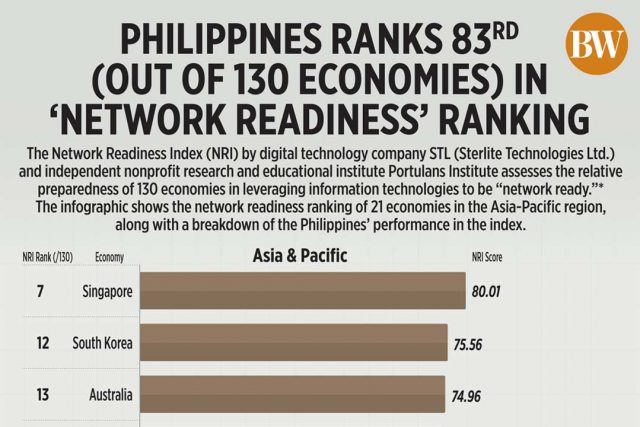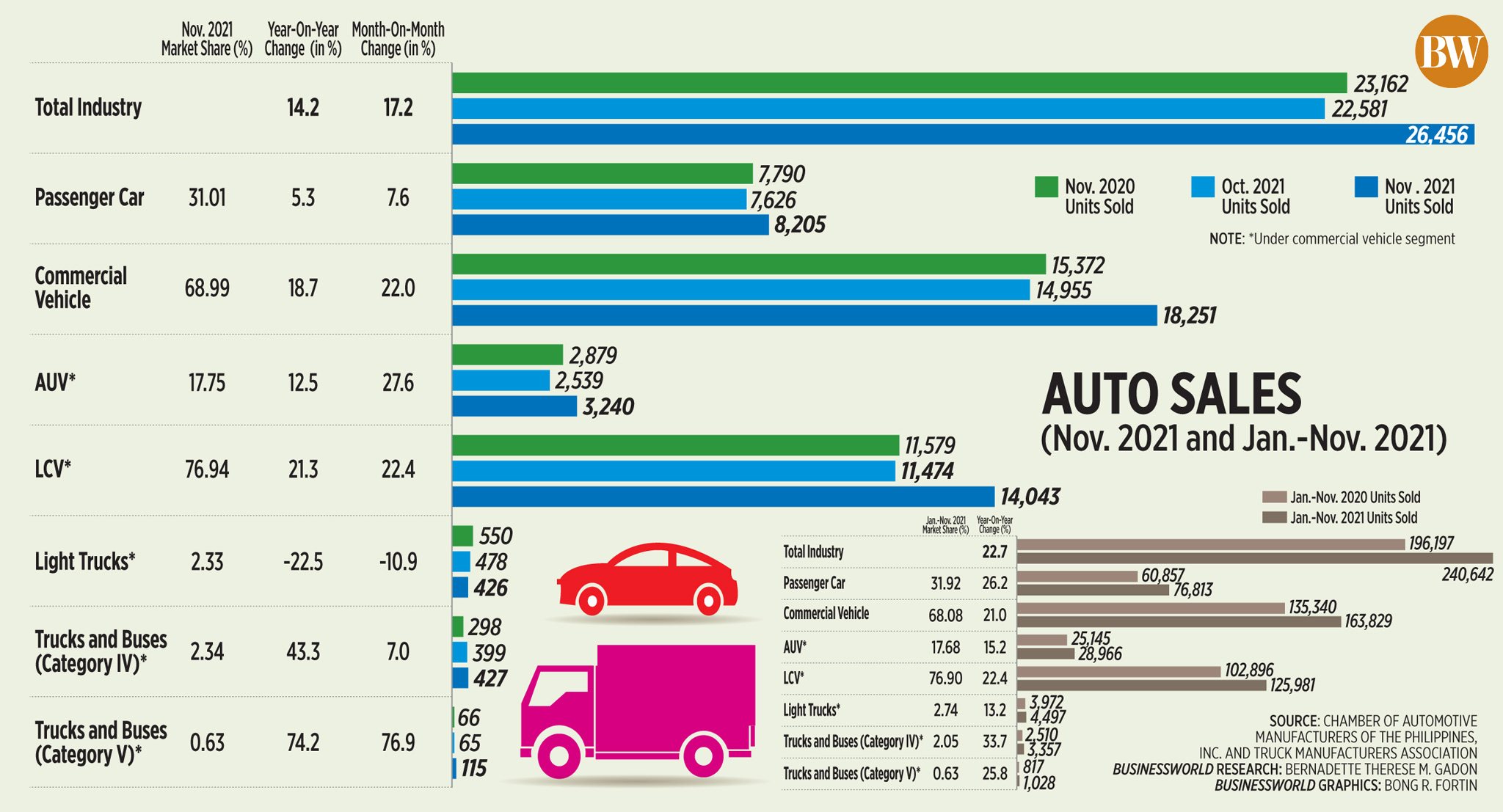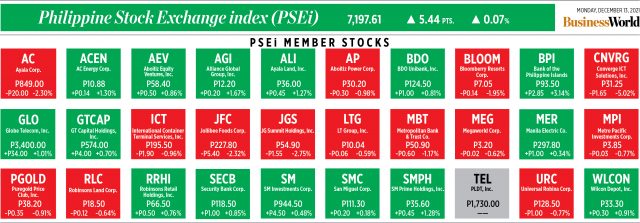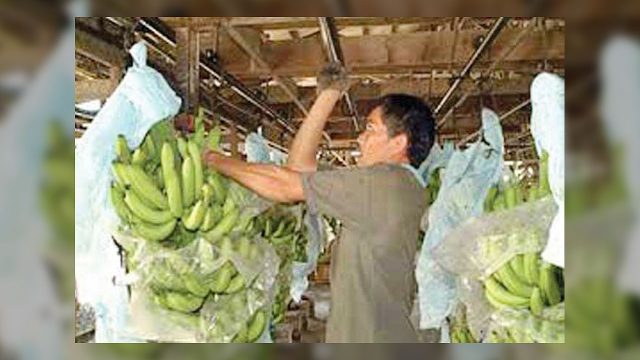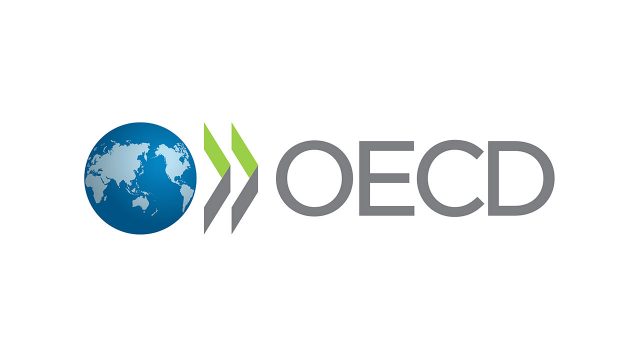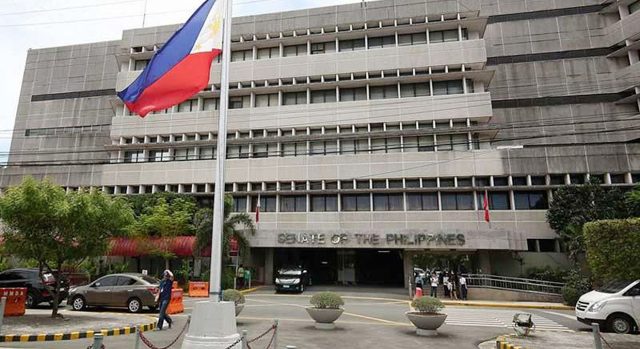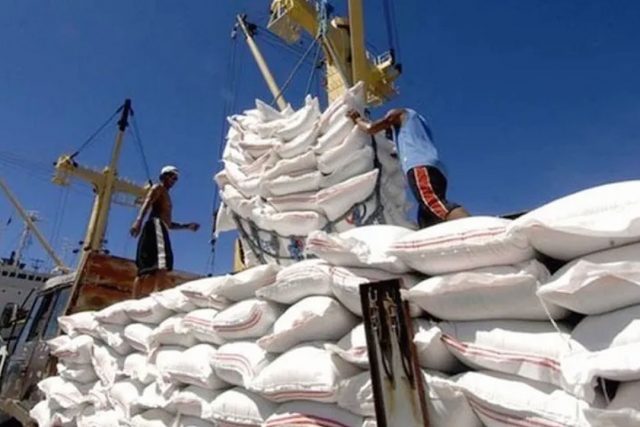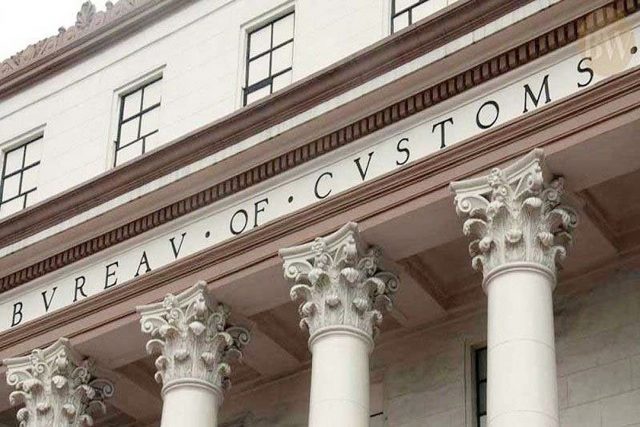THE Joint Foreign Chambers (JFC) pressed the Senate to pass a bill amending Commonwealth Act 146 or the Public Service Act (PSA), citing the need to safeguard the economic recovery.
In a statement on Monday, the foreign chambers said the bill can help maximize foreign investment that will create jobs, build infrastructure, and support the recovery.
They noted that the bill remains pending with the Senate at the plenary amendment stage, after having hurdled the House of Representatives in March 2020.
“By opening up key economic sectors, particularly telecommunications and transportation, and limiting the definition of public utilities largely to natural monopolies, the PSA amendments bill could maximize opportunities to attract new foreign investment that create jobs, build, infrastructure, and support economic recovery and growth as the country recovers from the effects of the pandemic,” they said.
“With less than 30 session days left before the end of the 18th Congress, the members of the JFC stressed that it is crucial the reform is passed, with its intended purpose intact, soon. Not to approve this bill will deny the recovering economy many billions of dollars,” they added.
The JFC also sought looser restrictions in foreign ownership of renewable energy, specifically solar, water, and wind.
“Current restrictions in government regulations are preventing billions of dollars from helping the country to shift faster to cleaner energy. These are kinetic forces of nature, the ownership of which is rarely claimed by countries,” they said.
Senate Committee on Public Services Chair Mary Grace Natividad S. Poe-Llamanzares said in a Viber message that every provision in the proposed amendments is still subject to alteration.
“Nothing in the bill is cast in stone as amendments and a vote on contentious provisions could be made while Congress continues deliberations. While we seek a law that will keep us in step with the times, we assure that safeguarding the interest of Filipinos will be the primordial consideration,” Ms. Poe- Llamanzares said.
“The bill has adequate safeguards to address questions on national security, reciprocity, labor and information security. Our people deserve quality services, affordable rates and opportunities for jobs to aid in our coronavirus disease 2019 (COVID-19) economic recovery,” she added.
The members of the JFC include the American Chamber of Commerce of the Philippines, the Australia-New Zealand Chamber of Commerce Philippines, the Canadian Chamber of Commerce of the Philippines, the European Chamber of Commerce of the Philippines, the Japanese Chamber of Commerce and Industry of the Philippines, the Korean Chamber of Commerce of the Philippines, and the Philippine Association of Multinational Companies Regional Headquarters, Inc. — Revin Mikhael D. Ochave



